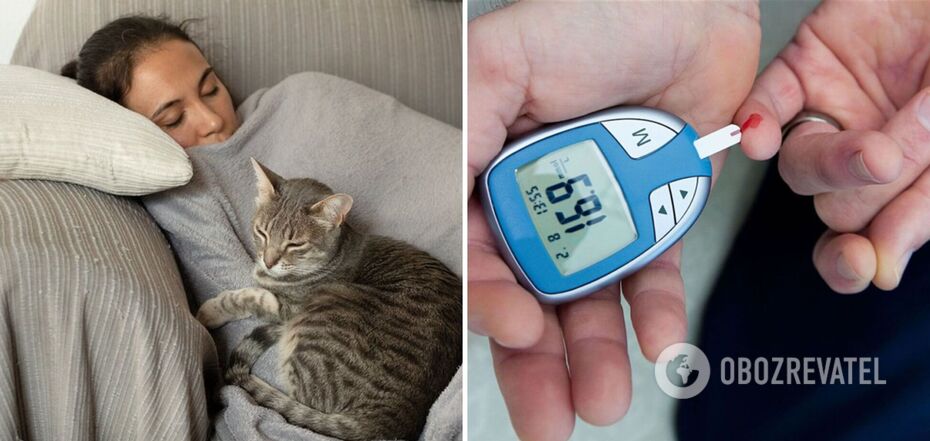Society
People who go to bed late have an increased risk of diabetes: American scientists explain why
People who tend to stay up late are at increased risk of developing type 2 diabetes. They also smoke more often, have unbalanced sleep and a higher body mass index, and rarely exercise.
This is according to a study published in the scientific journal Annals for Internal Medicine. Such people belong to the category of "night owls" - a chronotype whose owners wake up late and go to bed, and are most active in the afternoon. Their opposite is "early birds".
The study was conducted with the participation of 63,676 nurses, whose ages ranged from 45 to 62 years. According to Sina Kianersi, one of the study's co-authors, the results should be interpreted with caution due to the small sample size.
The study lasted from 2009 to 2017. Initially, none of the women had cardiovascular disease, cancer, or diabetes.
The researchers surveyed the participants about their sleep patterns. About 35% of them said they considered themselves "early birds," and only 11% were "night owls."
During the study, women also filled out a questionnaire providing information about their lifestyle. The questionnaire included questions about alcohol consumption, body mass index, physical activity, smoking, sleep duration, and dietary habits.
Based on these factors, the researchers concluded that the "night owls" were prone to a less healthy lifestyle. They smoked more often, had sleep disturbances and a higher body mass index, and rarely engaged in physical activity.
"The risk of developing diabetes in 'night owls' increases by 72%. This is quite significant when compared to early birds," said Sina Kianersi.
However, when the researchers took into account the unhealthy lifestyle of the study participants, the risk for the chronotype dropped to 19% overall.
The researchers also noted that one of the possible reasons for the increased risk of diabetes in "night owls" may be a disruption in the synchronization of their biological rhythms with the usual schedule, which can have a negative impact on their overall health.
However, the risk can be reduced by getting rid of bad habits.
"This would mean aiming for at least 150 minutes of moderate to vigorous physical activity each week, eating a nutritious diet, getting 7 to 9 hours of sleep each night, reducing tobacco and alcohol consumption, and maintaining a healthy weight," the researchers said.
As OBOZREVATEL previously reported, researchers have revealed the benefits of low blood sugar.
Only verified information in our Telegram channel Obozrevatel and Viber channels. Don't fall for fakes!



























